Why these obscure construction industry laws mean you probably have to vote again
ABCC? Double D? If you’re confused about exactly what our leaders are on about, you’re not alone. We lay it out simply for you.
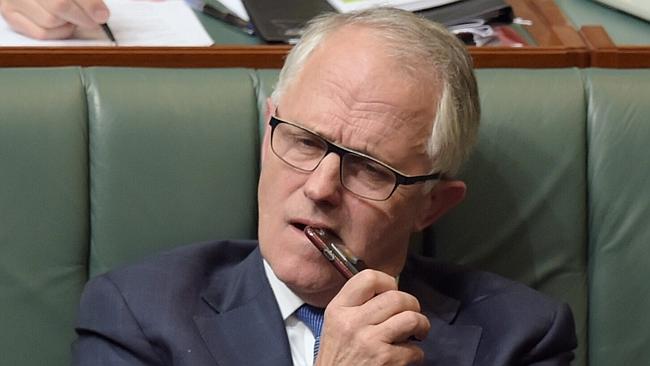
PRIME Minister Malcolm Turnbull announced this morning that an early federal election by way of double dissolution is all but certain.
However, you’d be forgiven for not being completely across the reasons for having to check your electoral enrolment, brush up on local candidates, and head to your local polling booth on July 2.
The early poll has mostly got to do with a quarrelsome and dysfunctional Senate, an old constitutional loophole, and some rules around the construction industry.
Are you lost? OK, we’ll try and explain it a little more simply.
WHY ARE WE (PROBABLY) GOING TO AN EARLY ELECTION?
Whenever the government wants to make legislative changes, they have to be voted on first in the House of Representatives, where the Coalition holds a majority, and then be approved by the Senate.
The problem is, the Senate has a very different composition to the lower house, with Greens, Labor and independent senators holding a lot more power than they do in the House of Reps.
The government has run into major issues with this, and the latest set of laws they’re trying to get through are the final straw.
If the Senate fails to pass laws related to crushing union corruption, Turnbull has threatened to have the Governor-General dissolve both houses of Parliament, which is known as a double dissolution. This essentially vacates every parliamentary representative’s positions, forcing the public to vote them back in whichever way we choose.
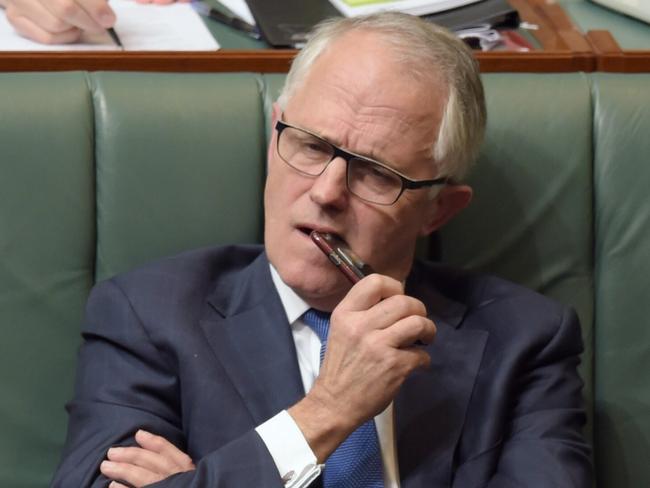
WHAT ARE THESE LAWS THAT ARE CAUSING SO MUCH TROUBLE?
All this drama is over the government’s bill to restore the Australian Building and Construction Commission — an industry watchdog put in place to monitor and promote workplace relations in the building and construction industry. It was established by the Howard Government and axed by Labor in 2012.
Tony Abbott won a mandate at the 2013 election to bring it back but the Senate has essentially blocked it for nearly three years.
The government has argued it needs to be reinstated because corruption, violence and threats continue to be exposed in the building and construction industry. A recent royal commission into trade unions concluded there was “systemic” corruption and unlawful conduct, including corrupt payments, physical and verbal violence, threats, intimidation and ethical breaches in the industry.
The Bills were reintroduced in the first week of Parliament this year but Labor, the Greens and the crossbench voted in the Senate to send the Bills to a committee for another review.
“This was the fifth review the Bills have undergone,” Mr Turnbull said today.
“The committee came to the same conclusion it had on the last time it considered them. Nothing new was raised or considered; it was just a delaying tactic.”
Mr Turnbull said the go-slows and obstruction by Labor and the Greens on the key legislation must end.
“The Senate will have an additional three sitting weeks to deal with the ABCC and registered organisations legislation. Plenty of time to pass these important laws,” he said.
So the Senate has to come back to work early, returning on April 18 to consider the laws, and if they don’t pass them, it’s time for a double-D.
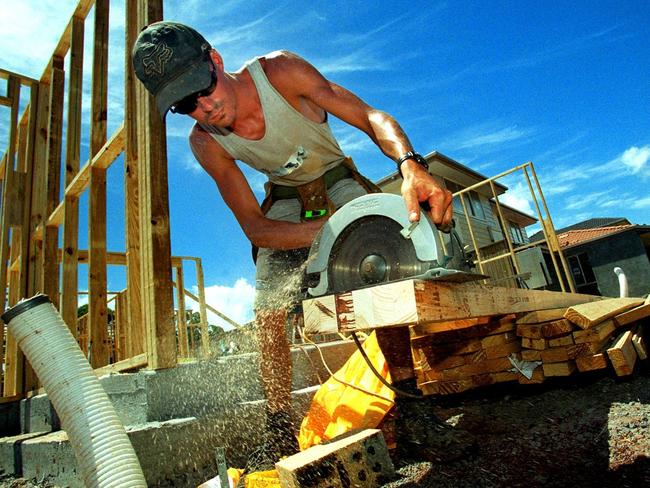
CONSTRUCTION? WHAT DOES THAT HAVE TO DO WITH ME?
It’s not unreasonable to question why every single Australian will have to vote at an election triggered almost exclusively by a corruption issue in an industry that employs about 10 per cent of us.
In announcing the threat of a double dissolution election, interrupting Senators’ seven weeks off and bringing the budget forward, Mr Turnbull highlighted that the industry really did affect us all.
“Australians will not be able to afford the infrastructure of the 21st century unless the rule of law returns to the construction industry,” he said.
But it was also about more than that.
“The go-slows and obstruction by Labor and the Green on this key legislation must end,” Mr Turnbull continued.
“We need to secure support in a double-dissolution election from the Australian people for important economic reforms.”
Also, laws passed by the Senate last week, after an almost 40-hour marathon sitting, saw group voting tickets abolished, which crossbenchers fear will purge the Senate of micro-party senators. This would leave Turnbull with a far more functional senate. Senators voted in via elaborate preference deals while receiving only a handful of votes, such as Motoring Enthusiast Party representative Ricky Muir, would be no more.
It would make Mr Turnbull’s life much easier, and see his attempts at installing legislation hit fewer brick walls.
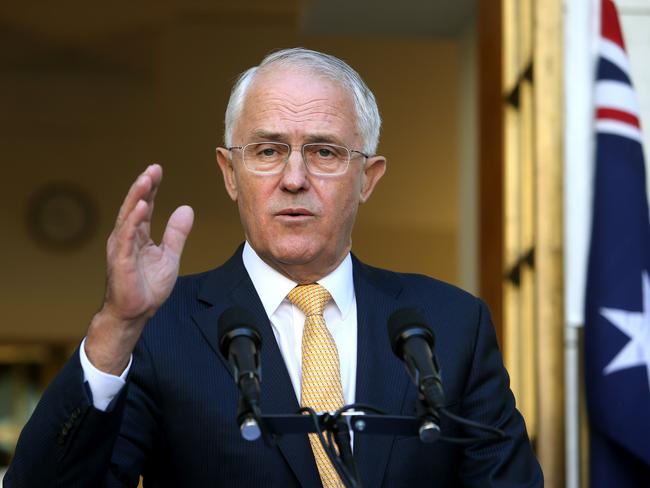
SO THIS IS REALLY ALL ABOUT POWER, RIGHT?
It does sound that way, and that seems to be what Senator Glenn Lazarus was getting at in his reaction to the announcement.
“I find the whole thing very self-absorbed,” he said.
“I feel as though it is a threat … but I’m not going to be blackmailed or bullied into making a decision.”
But Mr Turnbull, supported by his Coalition colleagues, has said that a double-dissolution election is the only way out if the ABCC Bill is rejected, amended, or fails to pass.
“We need to secure support in a double-dissolution election from the Australian people for important economic reforms,” he said.
“The issue in the election is who do you believe is best able to continue successfully to manage Australia’s economic transition?”
Mr Turnbull could of course lose government — it’s happened two out of the six times an Australian government has called a double dissolutions — but he’s banking on that not happening.
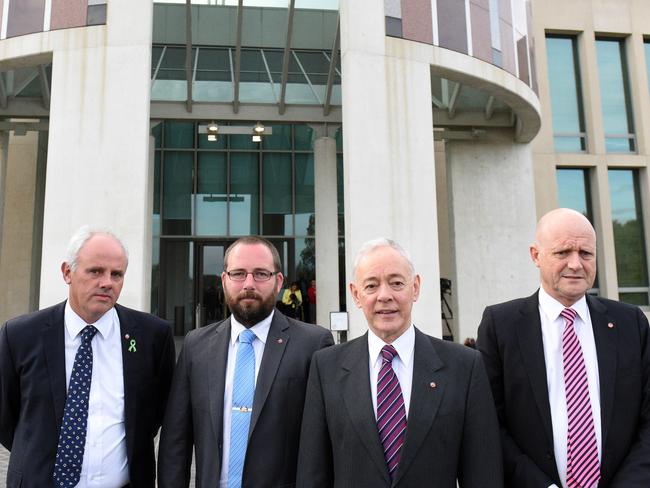
COULD IT NOT HAPPEN?
Absolutely. What the government needs is the votes of six of the eight crossbenchers on the ABCC bill, which would see us avoid this mess altogether.
As it stands, Family First senator Bob Day is all for it.
Liberal Democrat David Leyonhjelm is a maybe, on the condition that there is a sunset clause, and independent Glenn Lazarus would agree if there was a national anti-corruption body similar to NSW’s Independent Commission Against Corruption (ICAC).
Independent Nick Xenophon, the Palmer United Party’s Dio Wang and the Motoring Enthusiast Party’s Ricky Muir are also willing to be swayed if amendments to the legislation were put in place.
Labor, the Greens, and independents Jacqui Lambie and John Madigan are dead set against it.
The Senate will return on April 18, with Senator Xenophon warning: “If last week was pretty ugly, this debate will be even uglier.”




